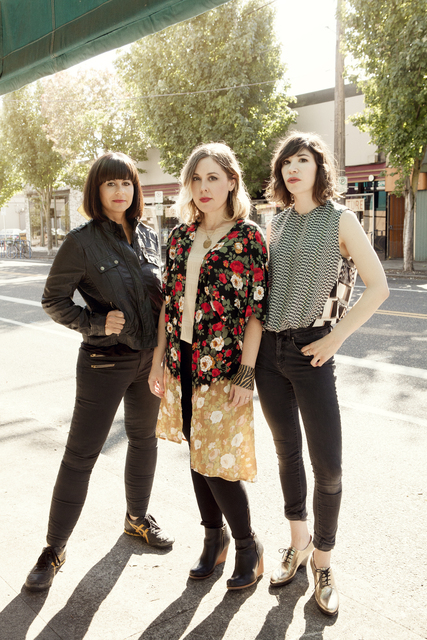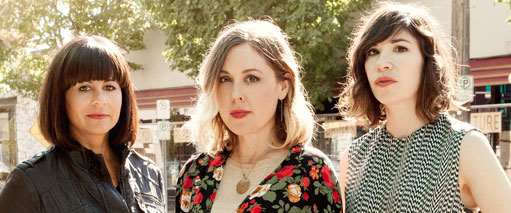Sleater-Kinney
with THEESatisfaction Tuesday, April 28, 8pm Sunshine Theater 120 Central SWTickets: $25, 13+sleater-kinney.com(Re)Start Together: An Interview With Sleater-Kinney’s Carrie Brownstein
An Interview With Sleater-Kinney’s Carrie Brownstein


Sleater-Kinney: (From left) Janet Weiss, Carrie Brownstein and Corin Tucker
Brigitte Sire









